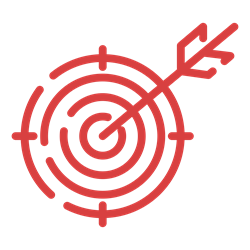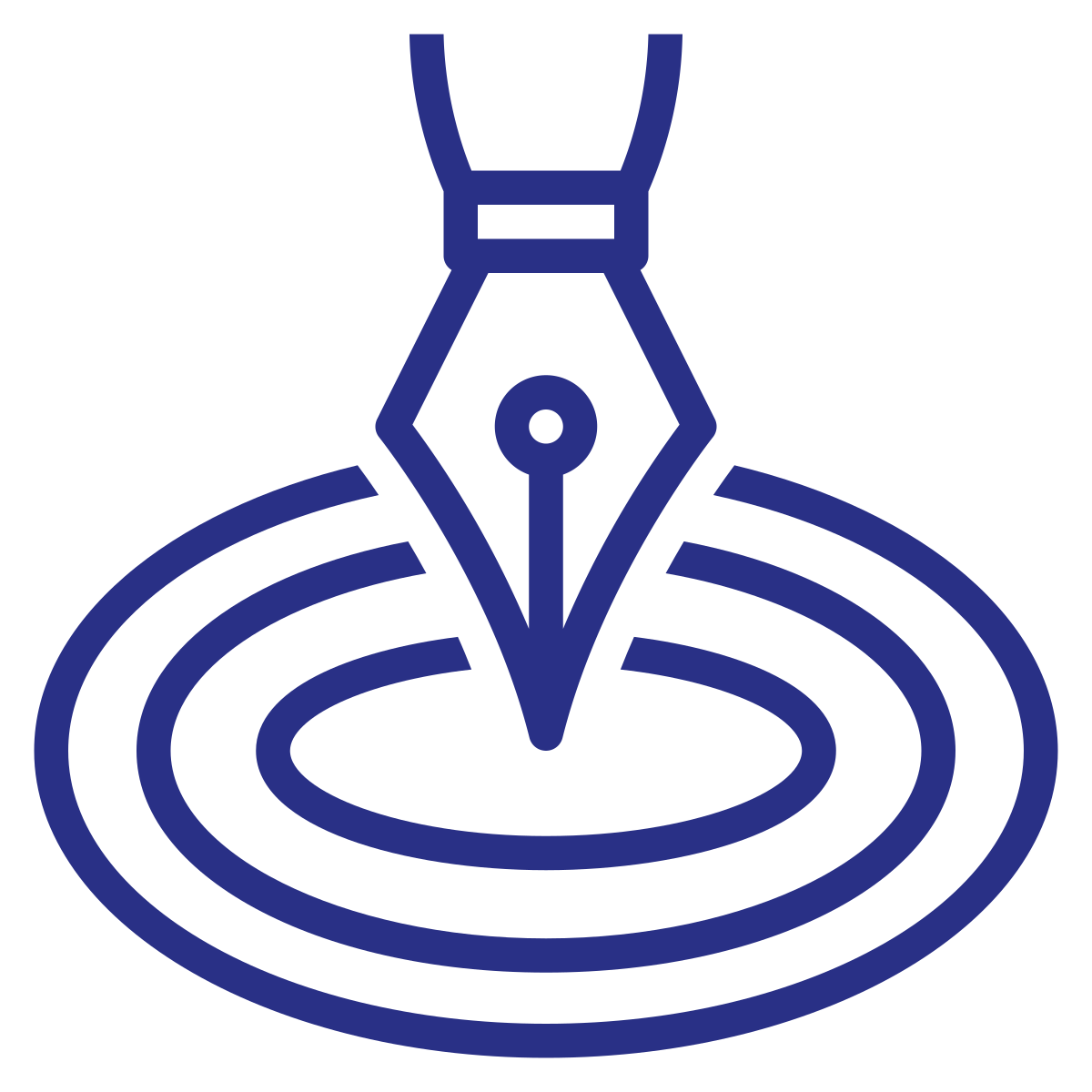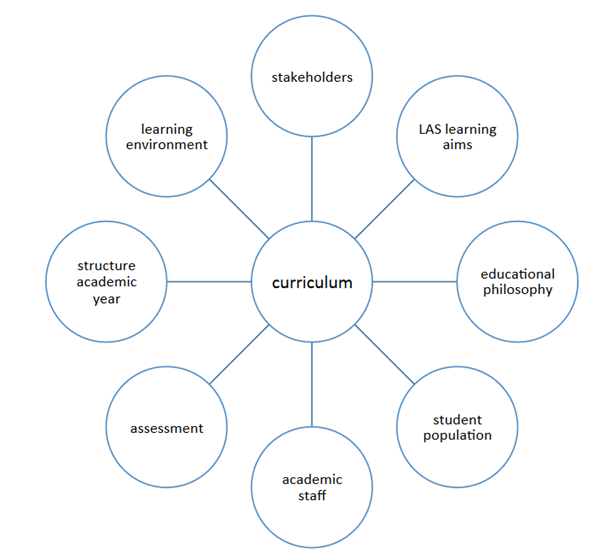EPI-WIKI
Tabs
Curriculum Design & Articulation

How should courses in an LAS program be sequenced and articulated? How does the design then benefit students and instructors?
This section is based on the ECOLAS Blaster Guide to Emerging Liberal Arts and Sciences Practices in the EU.
You will find LAS a very flexible programme in which you can accommodate a wonderful variety of disciplines and courses. The challenge will be to have a focus in your programme, to make choices on what to offer and what not to offer. A variety of factors have an influence on the design of your curriculum; they mutually influence each other and you will have to go back and forth between what you have planned and what is actually available. All factors contribute to a learning experience that will be as strong as possible, create an environment in which you can offer a LAS curriculum.
In sum, current LAS programmes aim to combine the following essential elements:
- Academic skills and competences that are core to the LAS educational philosophy
- Breadth in the programme so students become acquainted with Humanities, Natural Sciences and Social Sciences
- Research skills to prepare students for the depth portion of the major and minor
- Citizenship courses, modules, projects or elements throughout the programme
- Specialisation in majors, concentrations, interests, or themes
Each LAS programme makes their own choices in shaping these elements, giving more or less weight to each. Whichever choice you make, it is important to have clear guidelines for the content of your programme. As your programme develops, new insights will arise, ideas will be proposed, new staff will bring enthusiasm for additional courses. It will most likely not be possible to incorporate them all and you should be able to make decisions based on the aims and vision of your programme.
Click the tiles to the right to further explore what to consider and what questions to ask in terms of these individual aspects. Different approaches taken by EPICUR partner institutions will be presented for each of the areas:

Learning Aims and Educational Philosophy

Curriculum Design

Programme Size and Target Group

Language of Instruction

Integration of Study Abroad, Internships, etc.
Related Wiki pages
These Wiki pages might also be interesting for you:
Further resources
To delve deeper into the topic, take a look at these resources:
Daniel Kontowski, 2020, European Liberal Education 1990-2015: a Critical Exploration of Commonality in the Visions of Eight First Leaders
Back to IMPLEMENTATION > Establishing LAS Programmes at Your Institution
Last edited: 26. Oct 2022, 13:57, Hutz-Nierhoff, Dorthe [dh1076@rz.uni-freiburg.de]

